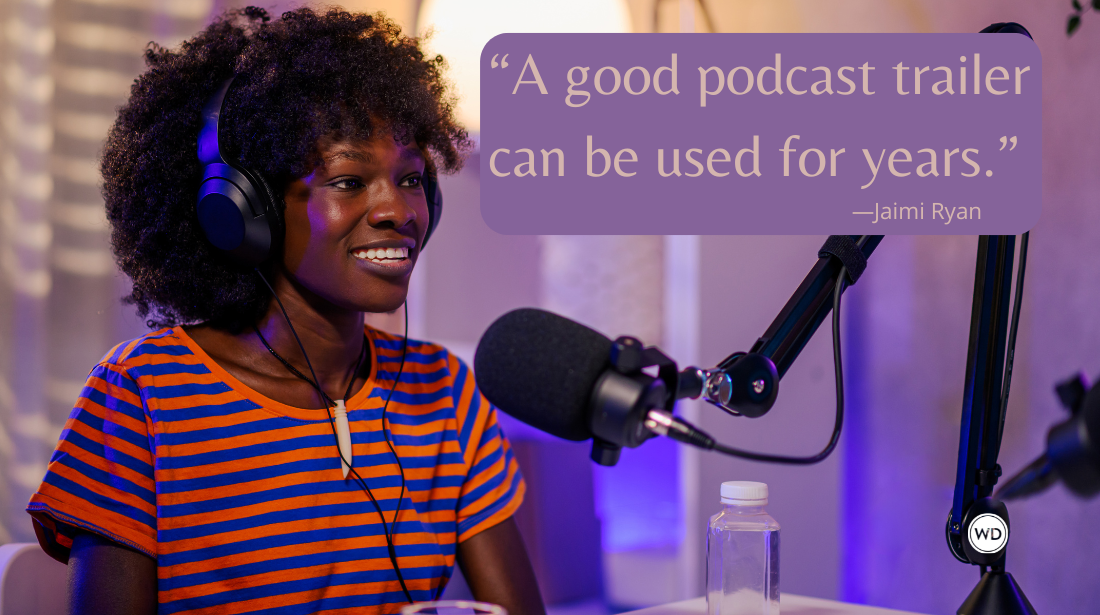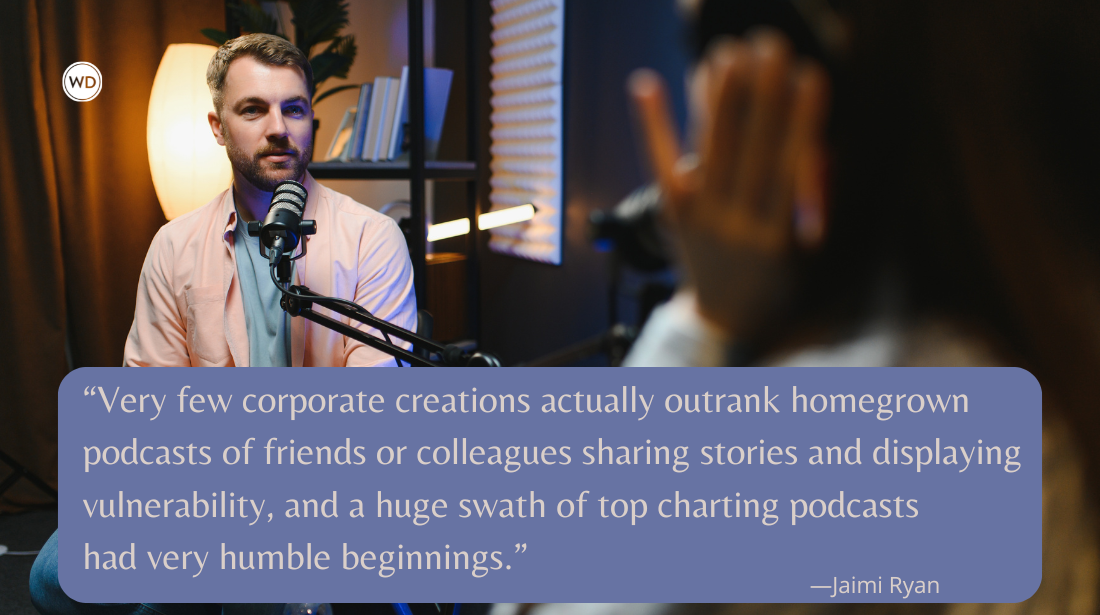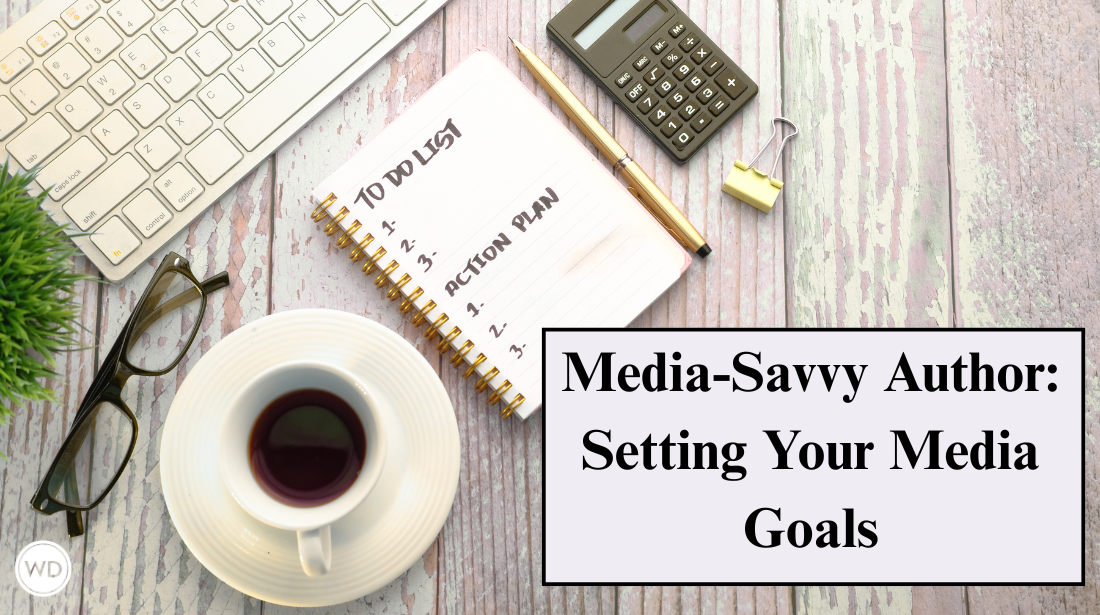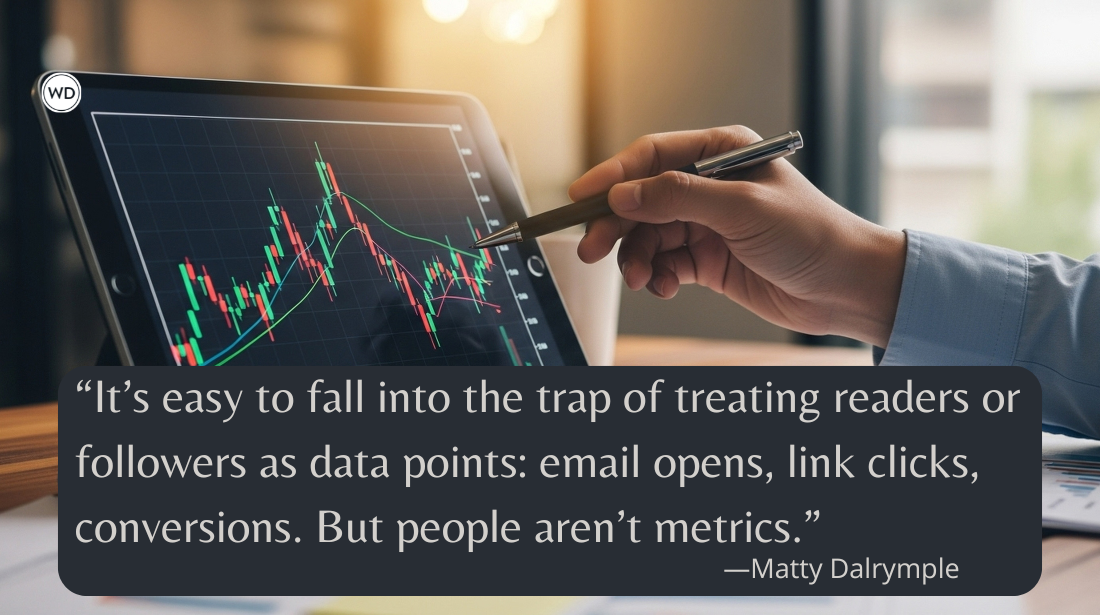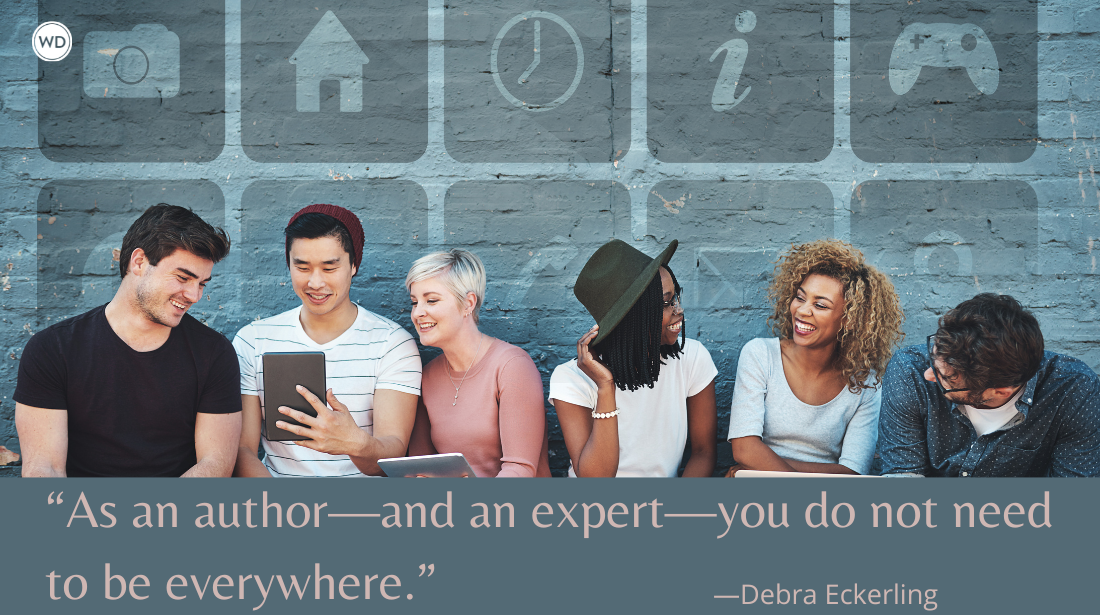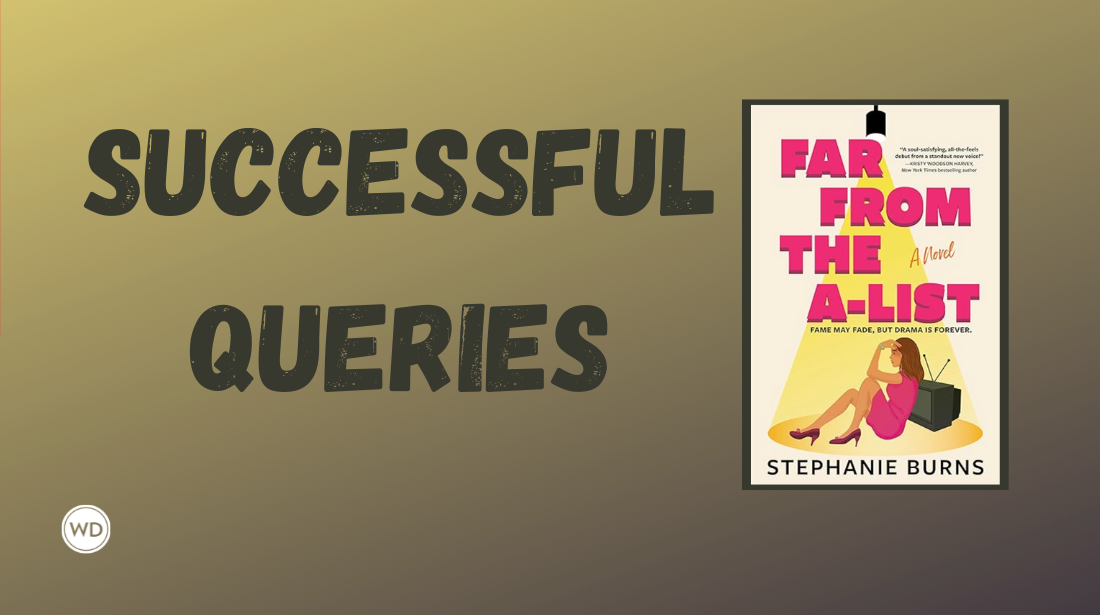An Exciting Future for Authors (That Can Succeed Without Publishers or Agents)
Normally this kind of post would go under my new series about entrepreneurial tools. But Kickstarter feels too important to be considered just a tool—and you may have already heard…
Normally this kind of post would go under my new series about entrepreneurial tools.
But Kickstarter feels too important to be considered just a tool—and you may have already heard about its bright future through mainstream
media (NPR,
New
York Times, Wired).
First, to summarize where we find ourselves in the current publishing environment:
- It's tougher for new writers to break through. Publishers are cutting back on what they pay and how much they publish. Everyone wants commercially proven projects that are worth the time and effort to produce, distribute, and market.
- Bricks-and-mortar bookstores are starting to decline in importance as more and more people move to digitized books and content, which cuts into the power and desirability of a traditional publisher (their power has traditionally been in their distribution network, aside from the quality-control process).
- However: The media companies that survive aren't necessarily the ones that make the leap from analog to digital, but understand how to provide content and service in a specific contexts (like for a niche audience). See here for an example of what this means in practice.
What's an author to do when there are fewer vehicles for gaining that rubber stamp of approval and credibility, getting published, and getting noticed in a world of enormous supply, but diminishing demand?
As many have argued, it's time to focus on the reader (or the community).
Kickstarter holds within it a model of authorship that empowers you to build a future based on your fans and supporters and colleagues, without the need for "traditional" approval of a publisher or an agent.
But Kickstarter isn't necessarily a breakthrough model as much as a re-discovering of an ancient support system for artists and creative ventures: patrons!
Bud Caddell, someone I
have followed, read, and admired for sometime, recently
launched his own Kickstarter project that involves conceptualizing and
launching a book.
Obviously, being in the book business, I
was immediately interested. I would not only pay for Bud's book, but I
would pay him upfront, and I would also pay more to play a part in its
creation. Because he's cool.
So I have become a "backer"
of his project, and I'll be associated with it for as long as that
project has visibility. You
can go back it, too. You only pay if Bud reaches his goal amount.
Other
authors have done this too. And it's
been called a potential solution for quality journalism.
But
more people need to be talking about it, and trying it.
I like
how Kickstarter puts a polish and transparency on the process, and once
authors realize that their own fan base or circle of supporters can be
more powerful than an agent or publisher (not just in terms of financial support,
but also in conceptualization and improvements to the project), I think
we'll see more people trying it out, at least as a first step toward
authorship, and possibly even as one of the most important steps.
After
all, if you don't have the support of your fans, who do you have?
Jane Friedman is a full-time entrepreneur (since 2014) and has 20 years of experience in the publishing industry. She is the co-founder of The Hot Sheet, the essential publishing industry newsletter for authors, and is the former publisher of Writer’s Digest. In addition to being a columnist with Publishers Weekly and a professor with The Great Courses, Jane maintains an award-winning blog for writers at JaneFriedman.com. Jane’s newest book is The Business of Being a Writer (University of Chicago Press, 2018).




